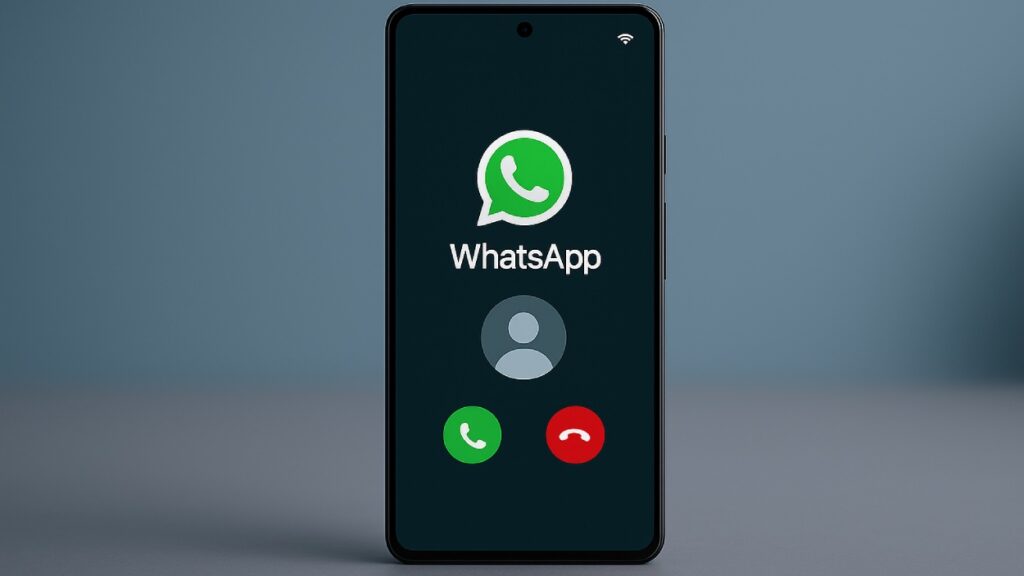Google Pixel 10 series is making history as the first smartphones in the world to support WhatsApp voice and video calls over satellite starting August 28.
TLDR:
- Pixel 10 series will enable WhatsApp voice and video calls over satellite from August 28.
- Google shared a demo showing calls working without mobile data or Wi-Fi.
- Feature depends on select carriers, may involve extra charges, and works in outdoor areas.
- Google also announced new AI mode updates, expanding availability and personalization.
What Happened?
Google officially announced that the Pixel 10 series will support WhatsApp satellite calling, making it the first phones globally to introduce this feature. The rollout begins on August 28, which is also the date Pixel 10 devices begin shipping. Up until now, satellite connectivity on smartphones was limited to SOS alerts or location sharing. This update signals the first move toward everyday communication over satellite networks.
WhatsApp Calling Over Satellite
The news came through the Made by Google account on X, where a short video showed a Pixel 10 receiving an incoming WhatsApp call. Instead of the usual mobile bars or Wi-Fi symbol, a satellite icon appeared in the status bar, confirming that the call was connected via satellite. The demonstration emphasized that this feature is not just for emergencies but enables actual calling when no cell service is available.
#Pixel10 has you covered on and off the grid 📍 Pixel devices will be the first to offer voice and video calls on @WhatsApp over a satellite network starting 8/28¹ 🌍 pic.twitter.com/6yDSDMskkK
— Made by Google (@madebygoogle) August 22, 2025
- Works on Pixel 10, Pixel 10 Pro, and other models in the series
- Requires participating carriers and may include additional costs
- Functionality is expected to be limited to the US at launch
- Calls remain protected with end-to-end encryption
This makes the Pixel 10 the first smartphone capable of WhatsApp satellite calling, setting it apart from competitors. Apple’s iPhones currently restrict satellite use to emergency SOS, while Samsung’s Galaxy S25 offers only messaging support through Snapdragon Satellite. By introducing WhatsApp voice and video calls off the grid, Google is giving Pixel 10 owners a major real-world advantage.
More Satellite Features on Pixel 10
The addition of WhatsApp calling builds on other satellite features already expanding in the Pixel 10 lineup. Google Maps and Find Hub recently introduced live location sharing via satellite, and the phones continue to support Satellite SOS for emergencies. Together, these features make Pixel 10 more versatile for travelers, hikers, and anyone in areas with poor mobile coverage.
Google’s AI Mode Updates
In addition to its satellite announcements, Google also introduced updates to its AI mode. The company revealed new agentic capabilities that make it easier to get tasks done more efficiently. AI mode is also expanding to new regions, with more personalized results that adapt to user needs. These upgrades highlight Google’s approach of combining practical connectivity with intelligent software to create a more complete user experience.
What TechKV Thinks?
I think this is a huge win for Google and Pixel fans. For years, satellite support on phones was seen as a last-resort emergency tool. Now, being able to make or take a WhatsApp call without internet or cell towers is a real leap forward. Sure, the coverage will be limited and costs may apply, but this is the kind of innovation that feels practical and exciting at the same time. For people who love exploring the outdoors or live in low-network zones, this feature could genuinely change the way they stay connected. Add in the AI mode upgrades, and it feels like Google is shaping the Pixel 10 into more than just another flagship, it is building the future of how we communicate.
